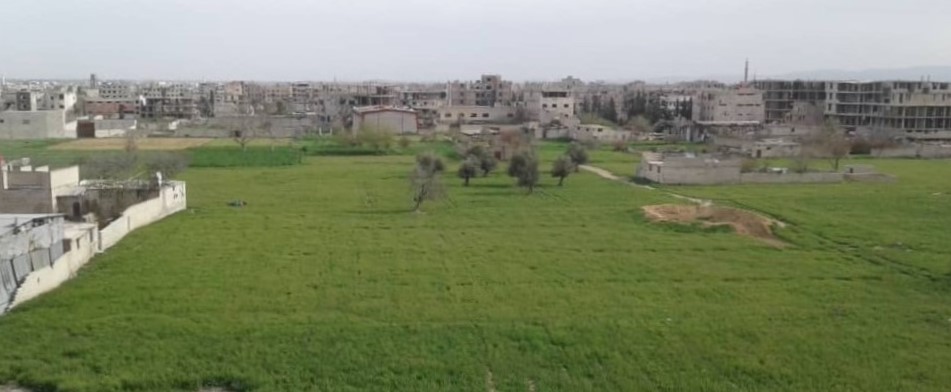
Teaching
I teach courses at the University of Amsterdam and in the Master’s Program in Holocaust and Genocide Studies at the NIOD Institute.
This Dutch-language Bachelor course focuses on the question of how and why mass violence continues to happen in the modern world. It pays attention to the international context, the ideological radicalization and intra-state power relations between political elites, and the fate of individual perpetrators and victims. Finally, it discusses denial and recognition, punishment and prevention in a comparative way. After an introductory lecture, three important cases of mass political violence are discussed in more detail: Cambodia, Rwanda, and Yugoslavia.
Mass violence in the Middle East
This English-language Master’s course approaches mass violence as a historical and sociological problem relating to processes of state building and nation building in the postcolonial era that have caused strong changes in countries such as Syria and Iraq. These changes underlie both integration and cooperation, as well as segmentation and confrontation, resulting from the Cold War in the region, the rise of authoritarian regimes, wars with neighboring countries, and internal conflicts that were often exceptionally violent. How and why did Syria and Iraq become such violent societies? This course takes a panoramic and in-depth look into the rise of the Baathist regimes in Damascus and Baghdad, and the limitless violence they visited upon their societies in the past half century. It uses secondary literature, primary sources, oral histories, and social media content to examine the causes, courses, and consequences of mass political violence in the region.
PhD students
Amir Taha, “Resisting Saddam: The 1991 Uprising and its Suppression”
Ali Aljasem, “Networks of Violence: The Rise of Paramilitary Groups in Aleppo”